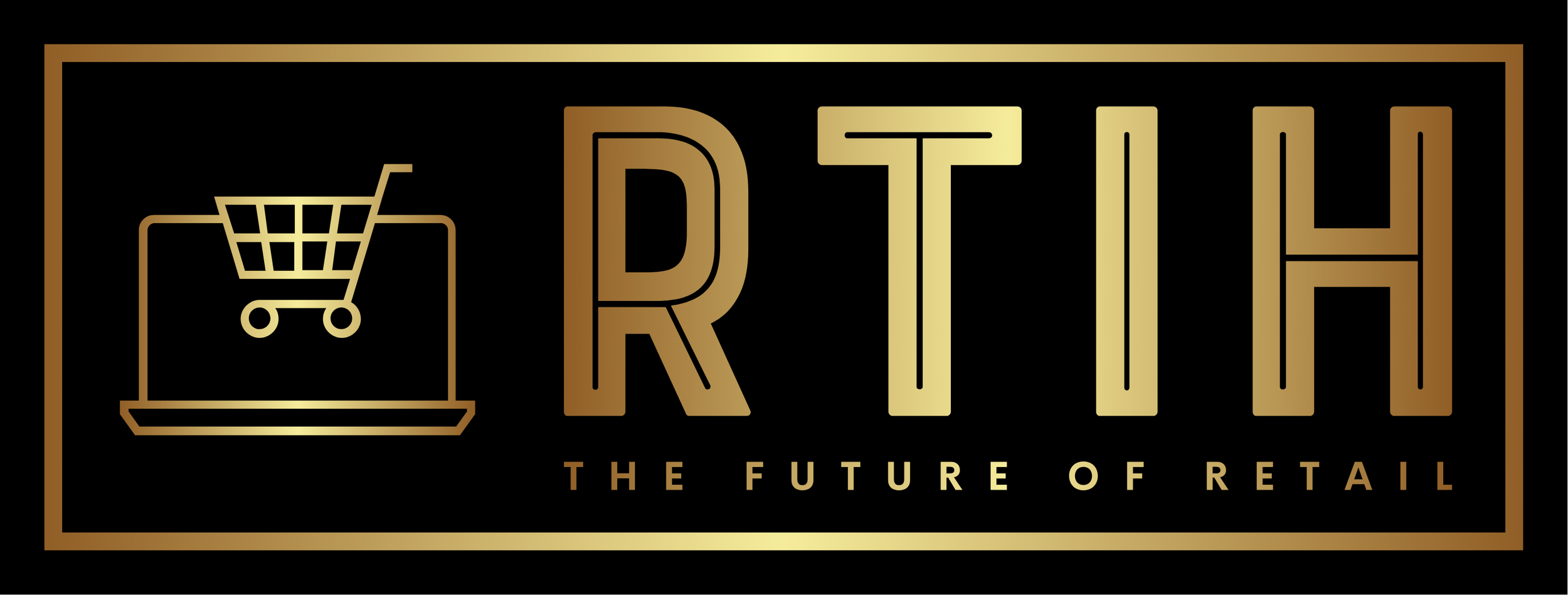Leveraging indirect innovation via the web
Typical innovation in business revolves around changes directly made to the business itself.
Changing a product or service, updating a brand logo, or restructuring internal processes are all common examples of this concept in action. As powerful and useful as these tools are and always will be, they also ignore the possibilities made real through the internet.
Now an indispensable part of every business, leveraging the internet to get ahead of competitors should be key in every good business plan.
Despite this importance, however, there's still a lot of confusion among small to medium retailers about what constitutes the right type of web innovation. Fortunately, getting a start in the digital realm is easier than we might think if you know where to look.
Social media strategy
The big first step that every modern business needs to take on the web is to create a social media presence.
As detailed at Outboundengine.com, the specifics of this approach will depend highly on your industry, but some central tenants will always remain key. Firstly, you need a Facebook page as a default, from which you should extend your visibility based on your business focus.
If you rely on constant updates on timed specials, for example, Twitter could be worth your time. For images of your products, Instagram is likely the best choice.
If you want to take small videos of works in progress or completed looks, then TikTok might be a powerful tool in your arsenal. Each of these platforms has come far enough that they're easy to use and maintain, so you don't have to be intimidated by what they offer.
Broadening your reach
After social media, the next step a retailer needs to take is to ensure that their business is listed on as many popular search systems as possible. For a start, this should include adding your business to Google.com systems like maps and general search.
Showing up as an official business on a search is obviously useful, but the map aspects of this equation are just as important and often overlooked. Users are increasingly using map searches to find relevant businesses near them, so if yours shows up, you have a simple path for new customers.
Outside of Google, retailers also need to pay attention to industry-specific comparison and rating websites. For an example of these types of services, consider how it works in the online casino industry.
Online casino players can find out what’s new at Bonus.ca, compare welcome bonuses like deposit matches and free spins, and easily check on other key features.
This is far more informative than what is possible through a more basic Google search, and websites like this exist for a great many industries. Search around, and if you find one, ask to be added into the fold.
Though these ideas of web integration are all evergreen, it needs to be noted that the minutia of innovation will continue to evolve. To this end, be sure to continually check on what your competitors are doing in the space that could work for you, and think about your potential innovations over time.
You never want to steal anything, but adapt the popular components for yourself, and the advantages could be more profound than you think.







